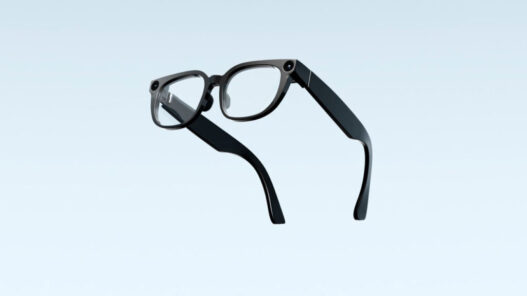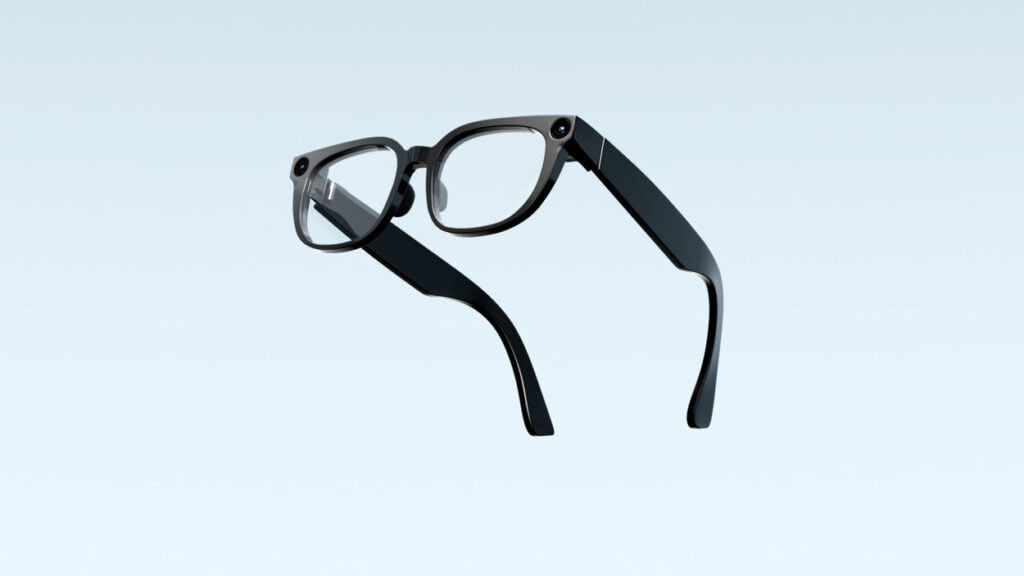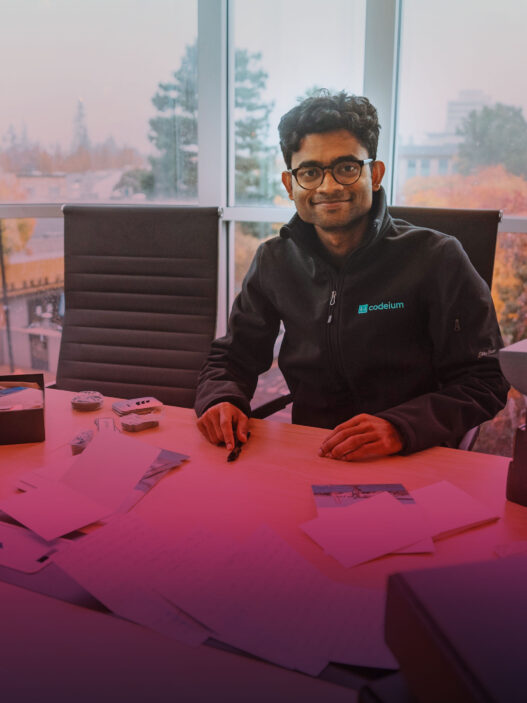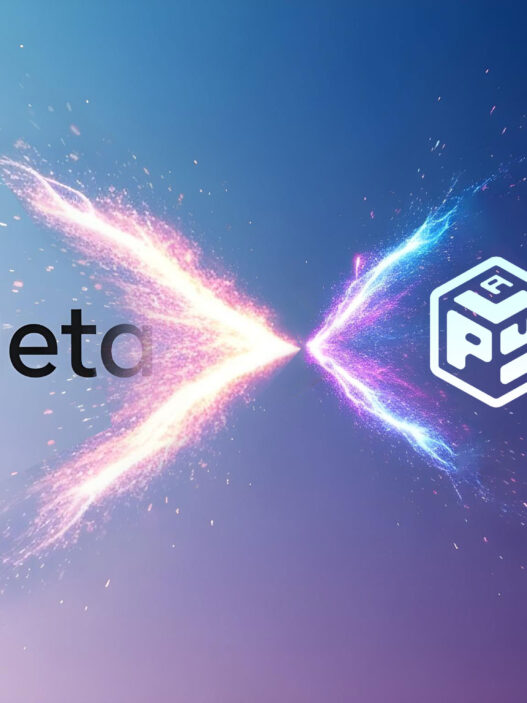On a monsoon-drenched July morning, India’s deep-tech scene was buzzing with anticipation. QWR—short for “Question What’s Real”—had just unveiled its latest innovation: Humbl, the country’s first truly AI-powered smart glasses. For a nation that has watched global giants like Meta and Google experiment with wearable tech, Humbl’s arrival signals a bold leap, not just in hardware, but in how Indians might soon interact with the world around them.
The Dawn of Humbl: AI on Your Eyewear
QWR’s founder, Suraj Aiar, has always believed that the future of technology is not just in our pockets, but perched right on our noses. With Humbl, that vision comes alive. At first glance, these glasses look like any other pair of stylish sunglasses, but a simple “Hey Humbl” wake phrase transforms them into a hands-free digital companion.
Humbl’s AI assistant can record point-of-view videos, summarize meetings and conversations, play music, set reminders, provide turn-by-turn navigation, and even translate languages in real time—all triggered by voice commands. Built-in cameras and microphones work together to understand the user’s surroundings, recognize landmarks, and offer contextual information—without ever pulling out a phone. The device is designed for utility, discretion, and contextual awareness, making it as practical as it is futuristic.
While the official launch event is slated for later this month, eager buyers will have to wait until the last quarter of 2025 for shipments to begin. QWR is keeping hardware specs and pricing close to the vest, but early teasers and social media buzz suggest that Humbl’s feature set rivals that of the Ray-Ban Meta AI glasses, with a distinctly Indian twist—prioritizing local needs and practical features over flashy gimmicks.
The Indian Wearables Wave: Who Else Is Racing Ahead?
QWR’s Humbl is entering a rapidly evolving landscape. While global heavyweights like Meta and Google have set the pace internationally, India’s homegrown startups are carving out their own niches in the wearables and AI-enhanced device market.
Startups to Watch in India’s Wearable Tech Sector
| Startup | Focus Area | Notable Products/Features |
|---|---|---|
| QWR | XR hardware, AI-powered smart glasses | Humbl (AI glasses), Aurl (audio smart glasses), VR headsets |
| AjnaLens | AR/VR headsets for enterprise and defense | AjnaXR Pro, AjnaBolt |
| Gadgeon | IoT and smart wearable solutions | Custom smartwatches, fitness trackers |
| Play | Smart audio wearables | PlayGo (audio sunglasses, neckbands) |
| boAt | Consumer audio and wearables | Smartwatches, fitness bands, audio sunglasses |
AjnaLens has made headlines with its AR/VR headsets, serving defense and industrial clients, but hasn’t yet ventured into AI-powered consumer eyewear. Gadgeon and Play focus on fitness and audio, while boAt—a household name in affordable wearables—has begun dabbling in smart eyewear, though without the AI-driven features of Humbl.
Globally, the Ray-Ban Meta AI glasses have set a high bar with their seamless integration of voice assistants and social features. QWR’s Humbl, however, is the first to bring such a comprehensive AI experience to Indian consumers, with a focus on everyday utility—from summarizing conversations in Hinglish to navigating the bustling streets of Mumbai.
The Road Ahead: Challenges and Promise
Humbl’s promise is immense, but so are the challenges. The Indian market is notoriously price-sensitive, and success will hinge on QWR’s ability to deliver robust performance at an accessible price point. There’s also the question of privacy and data security—issues that become even more acute when devices are constantly listening and watching.
Yet, the excitement is palpable. Humbl’s launch marks not just a product release, but a statement: India is ready to lead, not just follow, in the next wave of wearable technology. As QWR and its peers push the boundaries of what’s possible, the line between science fiction and daily life grows ever thinner.
In the race to put AI on your face, QWR’s Humbl is a bold, homegrown stride forward—one that could soon make “Hey Humbl” as common as “Hey Siri” or “Ok Google” in the Indian tech lexicon.



















